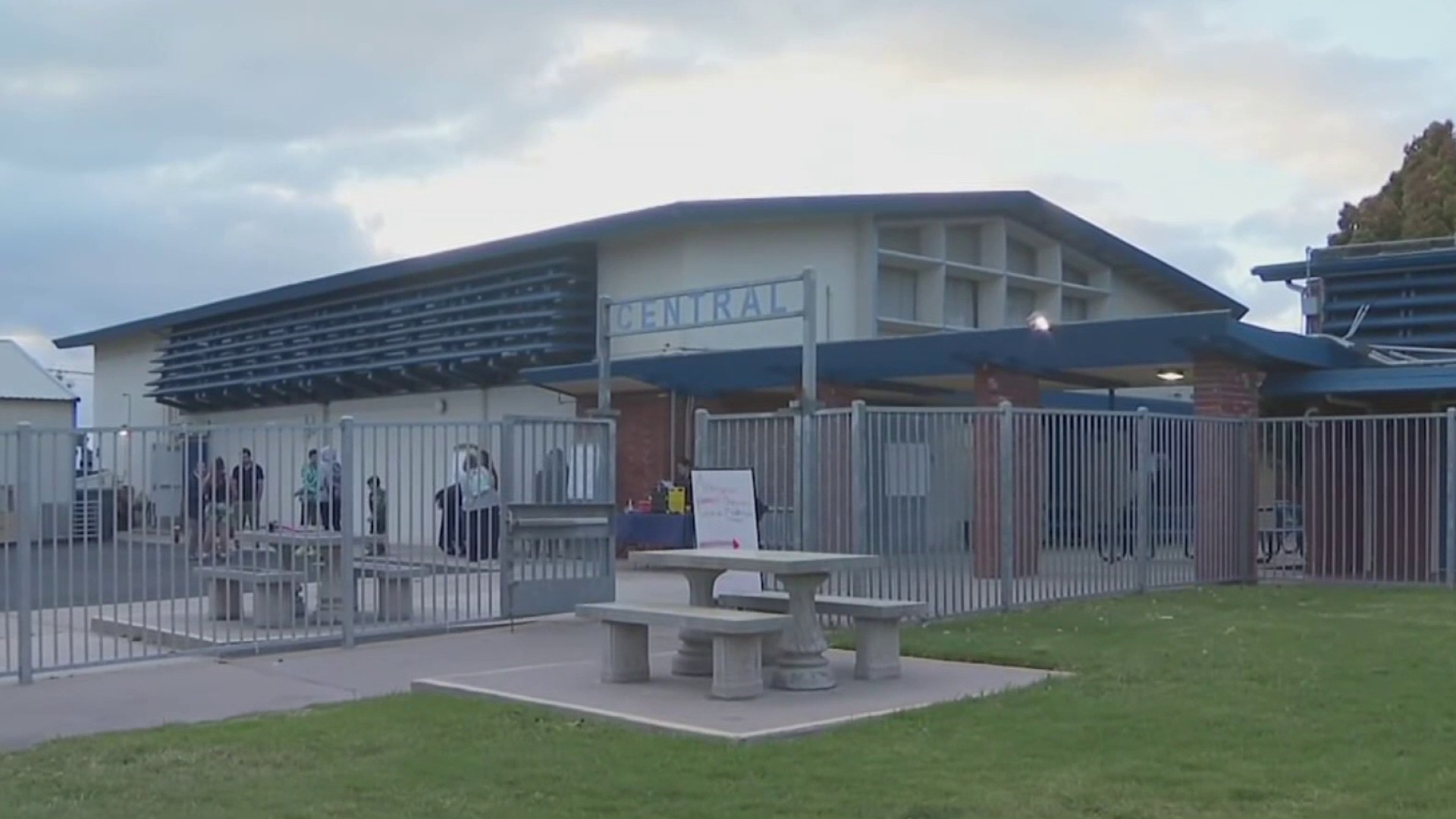San Diego businesses involved in large construction projects are faced with uncertainty after the announcement of an expansion on tariffs covering steel and aluminum.
The Trump administration's new tariffs on steel and aluminum imports from Canada, Mexico and the European Union take effect Friday, prompting outrage from allies and major trading partners.
The tariffs -- 25 percent on imported steel, 10 percent on aluminum from Canada, Mexico and the European Union -- were promised by the president during his campaign.
Canada and Mexico are following suit. Mexico will add tariffs to US imports like port, apples, grapes, cheeses and flat steel. Canada will slap tariffs on $12.8 billion worth of U.S. produces from steel to yogurt and toilet paper.
The import duties will give a boost to American makers of steel and aluminum by making foreign metals more expensive. But companies in the U.S. that use imported steel will face higher costs.
Here in San Diego, if you want an idea of what tariffs mean for San Diego businesses, take a trip to San Diego Bay.
A new boat launch ramp project at Shelter Island will require a lot of aluminum and a lot of steel. Both metals will have 10 and 25 percent tariffs respectively.
Local
R.E. Staite Engineering is building the new boat launching ramp, a project that includes a damn made of steel sheet pile and a ramp featuring stainless steel.
The company started working on this a year ago and planners have watched as rumors about tariffs impacted the price of materials.
“Before the tariffs were even imposed, price speculation has gone through the roof and we've seen 30 to 60 percent price increases,” said Ralph Hicks with R.E. Staite Engineering.
RE Staite has some materials stockpiled which helps preserve their costs to a degree but when prices fluctuate, they may have to return to the table and ask for more from municipalities.
“We're held to that firm bid price we made to the owner of a private project or a governmental agency like the Port of San Diego. We have to absorb that cost somehow,” Hicks said.
Smaller companies with maybe a dozen employees are being hurt, Hicks said.
“It hurts our bottom line dramatically,” he said. “Those smaller than us, they are going to be greatly impacted by it and hurt.”
The tariffs will allow domestic steel and aluminum producers to raise prices, squeezing companies -- from automakers to can producers -- that buy those metals.
Another upcoming project - the Manchester Pacific Gateway Project where the Navy complex is located - will require sheet piles around the entire project perimeter.
“The question will be can we timely get those sheet piles and at what cost,” said Hicks.
Other countries, including Japan, America's closest ally in Asia, are already paying the tariffs.



